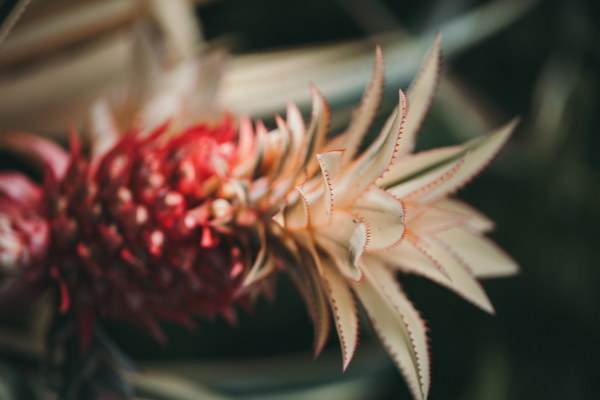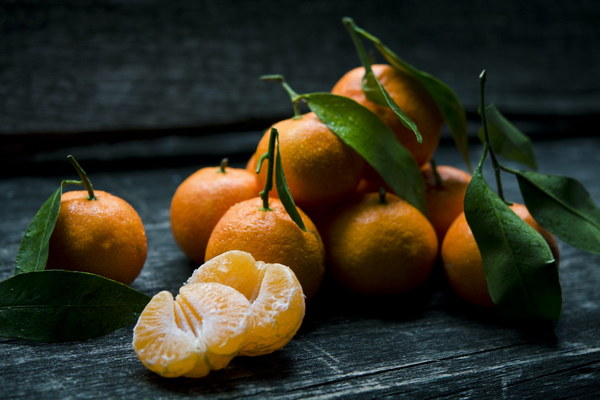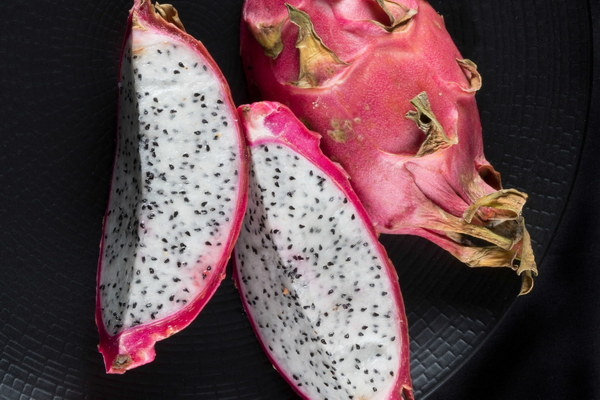Harmonizing Body and Mind A Journey into Traditional Chinese Medicine for Holistic Wellbeing
In today's fast-paced world, the pursuit of holistic well-being has become a paramount concern for many individuals. Traditional Chinese Medicine (TCM), with its rich history and time-honored practices, offers a unique approach to wellness that emphasizes the harmony of body and mind. This article delves into the essence of TCM and its principles, providing insights into how one can incorporate these age-old wisdoms into their daily lives.
The foundation of TCM lies in the belief that the human body is an integrated system, where physical, mental, and spiritual aspects are interconnected. By focusing on restoring and maintaining this balance, TCM aims to achieve overall health and prevent illness. Here are some key principles and practices that can help you embark on a journey of self-care and wellness.
1. Yin and Yang: The Concept of Balance
In TCM, the concept of Yin and Yang is central to understanding the human body and its equilibrium. Yin represents the cold, slow, and passive aspects, while Yang represents the hot, active, and dynamic aspects. According to TCM, health is achieved when these two forces are balanced. By identifying imbalances in your body and mind, you can take steps to restore harmony.
For example, if you are feeling tired and unmotivated, it may indicate a deficiency in Yang energy. To counteract this, you can incorporate activities that stimulate and warm your body, such as exercise, sunlight exposure, and warm foods. Conversely, if you experience anxiety and irritability, it may suggest an excess of Yang energy. In this case, practices like meditation, yoga, and cool, soothing foods can help calm your mind and bring your energy back into balance.
2. Qi: The Vital Energy
Qi (pronounced chee) is the vital life force that flows through the body, maintaining health and vitality. In TCM, the flow of Qi is essential for maintaining balance and preventing illness. By cultivating and balancing Qi, you can enhance your overall well-being.
Several practices can help you cultivate and balance Qi, including:
- Tai Chi: A gentle form of exercise that promotes relaxation and improves balance and coordination.
- Qigong: A meditative practice that focuses on breathing, movement, and awareness, helping to harmonize body and mind.
- Acupuncture: A therapeutic technique that involves inserting fine needles into specific points on the body to unblock Qi and restore balance.
3. Five Elements: Understanding Your Body's Constitution
In TCM, the body is divided into five elements: wood, fire, earth, metal, and water. Each element corresponds to different organs, emotions, and physical characteristics. By understanding your body's constitution and the elements that dominate it, you can tailor your diet, lifestyle, and herbal remedies to promote balance and well-being.
For example, if you have a wood constitution, you may be more prone to stress and anxiety. To counteract this, you can focus on practices that calm the mind, such as meditation and yoga. Additionally, incorporating foods and activities associated with the wood element, such as green vegetables and outdoor activities, can help maintain your balance.
4. Diet and Nutrition
A key aspect of TCM is the importance of diet and nutrition. TCM emphasizes the idea that certain foods can either nourish or harm the body, depending on their properties. By understanding the properties of different foods and how they affect your body, you can make informed dietary choices that support your health and well-being.
For instance, if you have a hot constitution, you may want to avoid spicy and overly stimulating foods, as they can exacerbate your condition. Instead, focus on cooling and soothing foods, such as fruits, vegetables, and grains.

5. Lifestyle and Stress Management
In TCM, lifestyle and stress management play a significant role in maintaining health and well-being. Practices such as meditation, yoga, and tai chi help to reduce stress and promote relaxation. By incorporating these practices into your daily routine, you can cultivate a more balanced and harmonious life.
In conclusion, Traditional Chinese Medicine offers a wealth of knowledge and practices that can help you achieve holistic well-being. By embracing the principles of Yin and Yang, cultivating Qi, understanding your body's constitution, and focusing on diet, lifestyle, and stress management, you can embark on a journey of self-care and wellness that will leave you feeling balanced, energized, and at peace.









